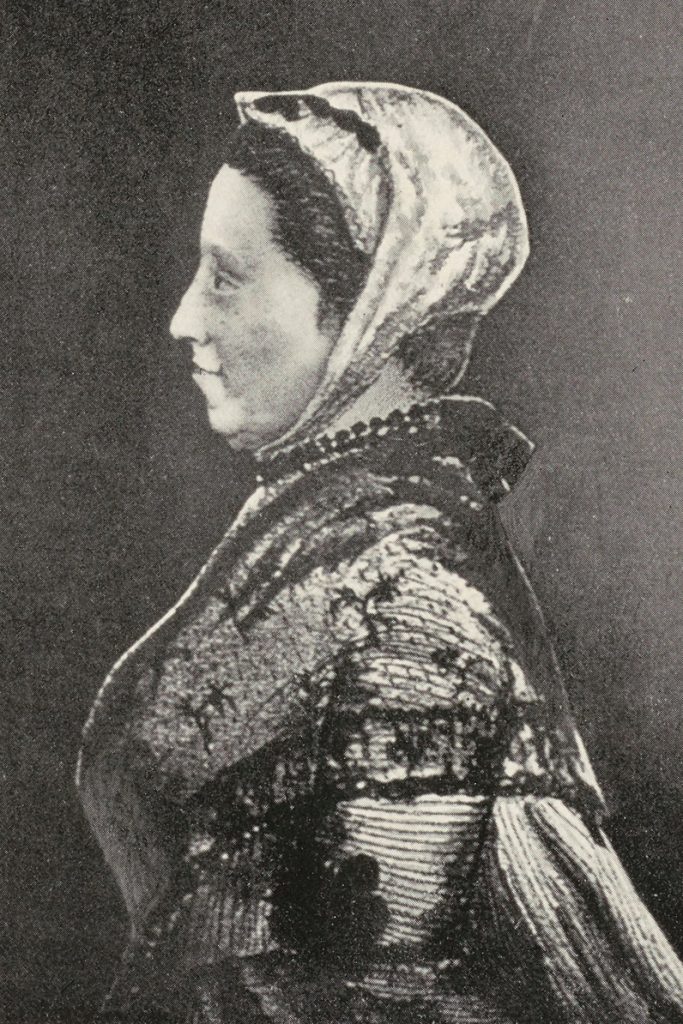
Women and the Enlightenment
The lack of women at the forefront of the Scottish Enlightenment is an unfortunate reflection of the nature of contemporary Scottish culture. Polite society’s assemblies, concerts and theatres allowed men and women to mix in public but the social and professional networks that linked many of the literati were unavailable to women: they could not practise law, attend university or preach the word of God.
Scottish society was largely lacking the salon culture of France that allowed educated and well-connected women to act as a host around whom like-minded thinkers coalesced. Alison Cockburn who maintained a literary circle including David Hume, William Robertson, Lord Monboddo and Lord Hailes is a notable exception.
We know from common place books, holding records of reading, that women studied the works of the Enlightenment. Indeed women were a target audience for the increasingly sentimental style of history written by Hume and Robertson.
However, the social expectations promoted by conduct books such as those written by James Fordyce, discouraged women from openly revealing their learning. Enlightenment ideas of civil society relied on women to maintain a feminine identity that would improve the manners of men and sexual equality was not seen as an improving objective.